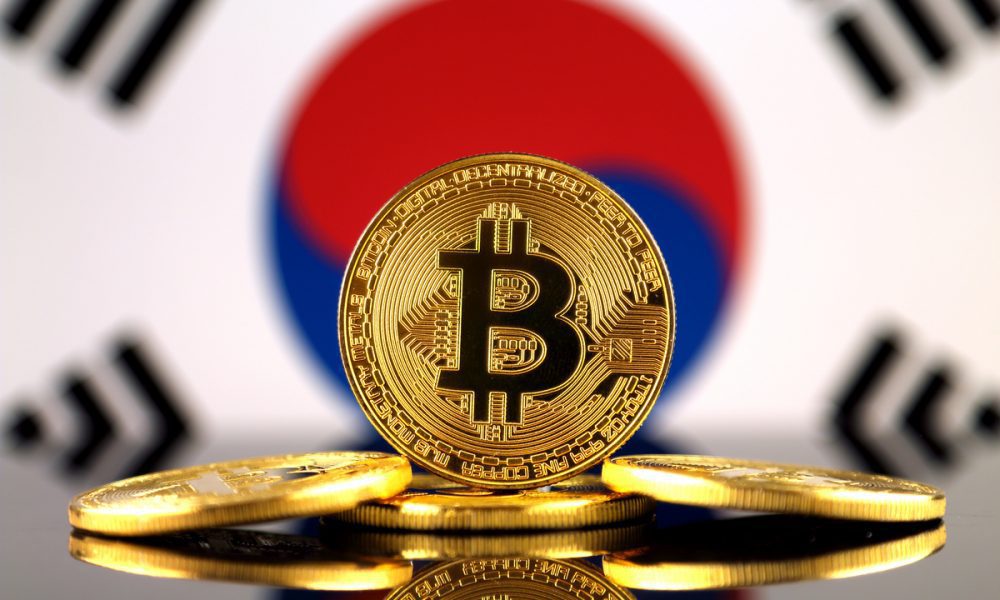
The Korea Financial Intelligence Unit (KoFIU) has taken a significant step towards strengthening the compliance measures within the Korean crypto industry. In a meeting held on Thursday, KoFIU Commissioner Rhee Yunsu emphasized the need for the industry to double down on efforts to prevent illegal activities.
Strategic Analysis Team
A “strategic analysis team” focusing on crypto has been established by KoFIU. The team’s primary objective is to work systematically to uncover and analyze crypto-related crimes. The initiative aims to provide “more meaningful and valuable data” to law enforcement and investigators, according to an announcement from South Korea’s Financial Services Commission.
Strengthening Crypto Compliance Capacity
The agency also stressed the need for the industry to “strengthen the compliance capacity.” The emphasis was on bolstering the response to illegal activities. The meeting was attended by five companies from South Korea’s crypto industry, including prominent local crypto exchanges Upbit and Bithumb.
Joint Crypto Crime Unit
This meeting follows the creation of a joint crypto crime unit by the South Korean government. The new unit will operate from the Seoul Southern District Prosecutors’ Office and will employ 30 investigators from various agencies, including the Prosecutor’s Office, the Financial Supervisory Service, the National Tax Service, and the Korea Customs Service.
South Korea’s Stance on Crypto Compliance
South Korea has been one of the most vital markets for crypto, both in terms of investor interest and as a breeding ground for crypto companies. However, authorities have recently taken a tougher stance against the industry. Actions have included raids on local exchange Bithumb and legal actions against prominent figures in the crypto space.
Thought-Provoking Insights
- Regulatory Evolution: How will these new compliance measures impact South Korea’s position as a leading crypto market? Will it lead to a more secure and transparent industry, or will it stifle innovation?
- Global Implications: Could South Korea’s approach to crypto compliance become a model for other countries? How might this influence global crypto regulations?
- Industry Response: How will the crypto industry in South Korea respond to these new measures? Will there be collaboration or resistance from the key players?
Conclusion
South Korea’s recent moves to enhance compliance measures within the crypto industry signify a critical phase in the country’s regulatory evolution. While aiming to curb illegal activities, these measures also reflect a maturing market that seeks to balance innovation with security. The global crypto community will undoubtedly watch South Korea’s approach closely, as it may set precedents for regulatory frameworks elsewhere.
Leave a Reply